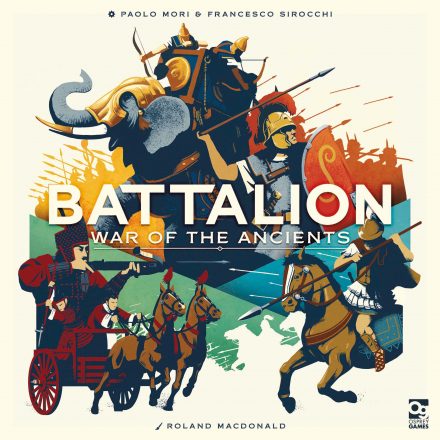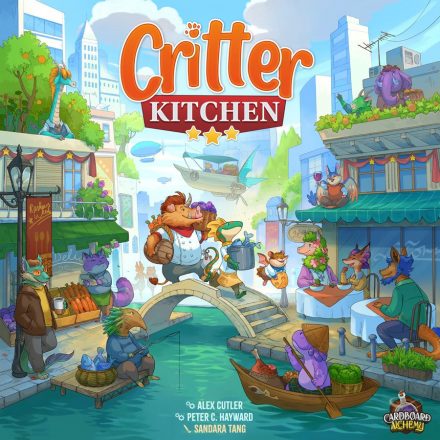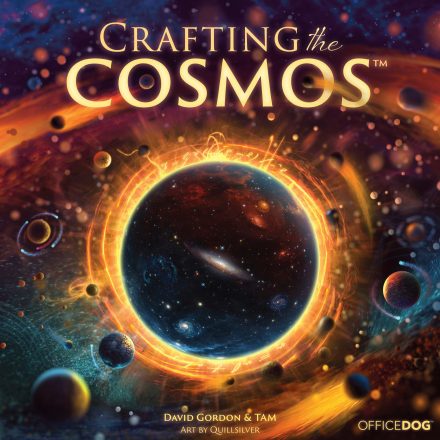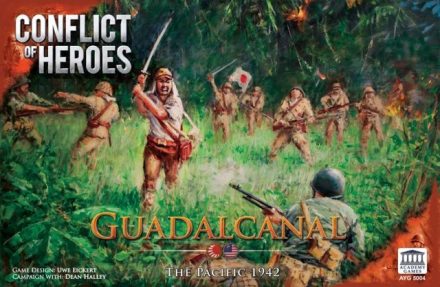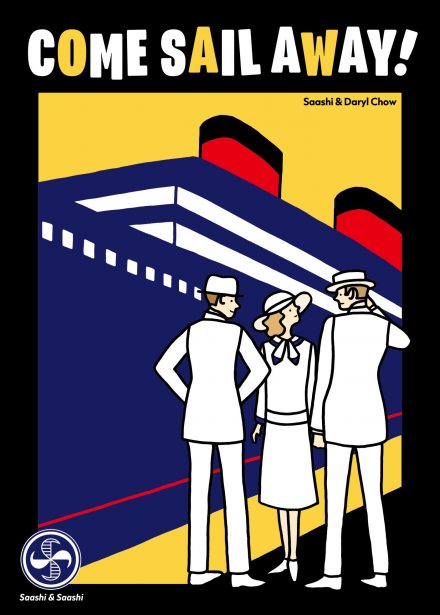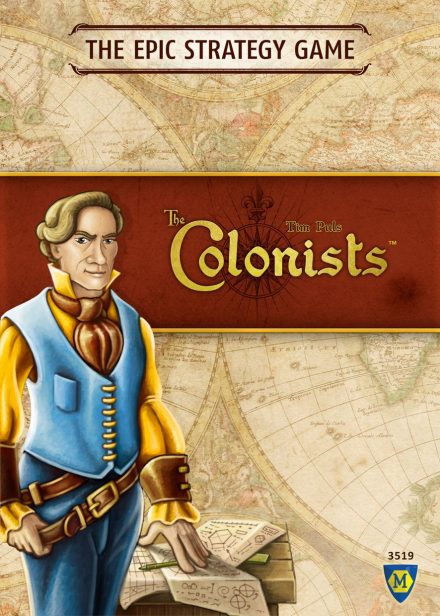Take charge of the formidable Roman legions and their allies. Command the powerful crossbowmen of the Han dynasty as they traverse unfamiliar deserts. Steer the renowned Greco-Bactrian cavalry, and fight for every oasis. Direct Hannibal’s diverse array of mercenaries, elephants, and the Sacred Band of Carthage.
To lead is to walk the tightrope. Choose a faction, consider its ranks, assemble them into units, and as they fight, carefully balance their orders and sustain your forces in the field. The unique traits of each rank tile will make your units stronger, but combine too many and your units will become unwieldy.
Battalion: War of the Ancients is an accessible two or four-player game. Command a wide range of units from four playable historical factions, each with their own strengths and weaknesses. Employ faction-specific tactics cards to outmaneuver your opponents. Compose your unique forces with rigor. Judge the tempo of battle with precision. Seize victory for your people!
Game Mechanics:
- Secret Unit Deployment
- Team-Based Game
- War Game
Game Specifications:
- 2 – 4 Players
- 20 – 45 Minutes
- Difficulty Weight 1.88

